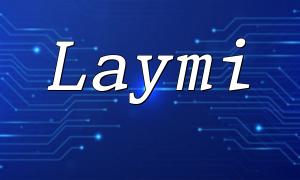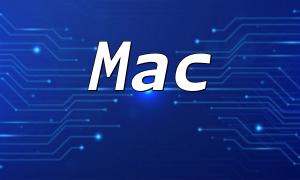In today's internet environment, developers often face the challenge of choosing the right server platform to host PHP applications. Microsoft's IIS (Internet Information Services), as a powerful web server, seamlessly integrates with PHP to deliver outstanding performance and rich features.
IIS is the preferred choice for many enterprises due to its excellent integration capabilities and security guarantees. It performs exceptionally well on the Windows operating system and offers high compatibility with other Microsoft ecosystem products.
IIS provides diversified support for PHP development:
Flexible site configuration options such as URL rewriting and authentication management;
Modular architecture that allows loading specific functional modules as needed to improve efficiency;
Advanced security mechanisms to protect applications from network attacks and ensure stable operation.
Deploying PHP on IIS is straightforward. Below are the concise steps:
Ensure that the IIS component is installed on your Windows system. You can add it via the “Programs and Features” in the Control Panel.
Obtain the Windows-compatible PHP version from the official PHP website. It is recommended to choose the “Non Thread Safe (NTS)” version for better performance.
Enable PHP support in IIS by editing the php.ini file and adjust configurations as needed, for example:
extension_dir = "ext" error_log = "C:\php\logs\php_errors.log" display_errors = On
Create a file named info.php in your website root directory with the following content:
<?php phpinfo(); ?>
Access http://localhost/info.php. If the PHP configuration page appears, PHP is successfully running.
To fully leverage the advantages of IIS and PHP, consider the following optimization measures:
Use IIS's URL Rewrite Module to create cleaner, SEO-friendly URLs, enhancing user experience and search engine ranking.
Activating Gzip compression significantly reduces data transfer size, speeding up page loading times, benefiting both user experience and SEO.
Combining IIS with PHP allows developers to build secure, stable, and efficient web application environments. Proper configuration and optimization improve performance, scalability, and maintainability. We hope this article helps you better understand and apply the IIS and PHP integration solution.









